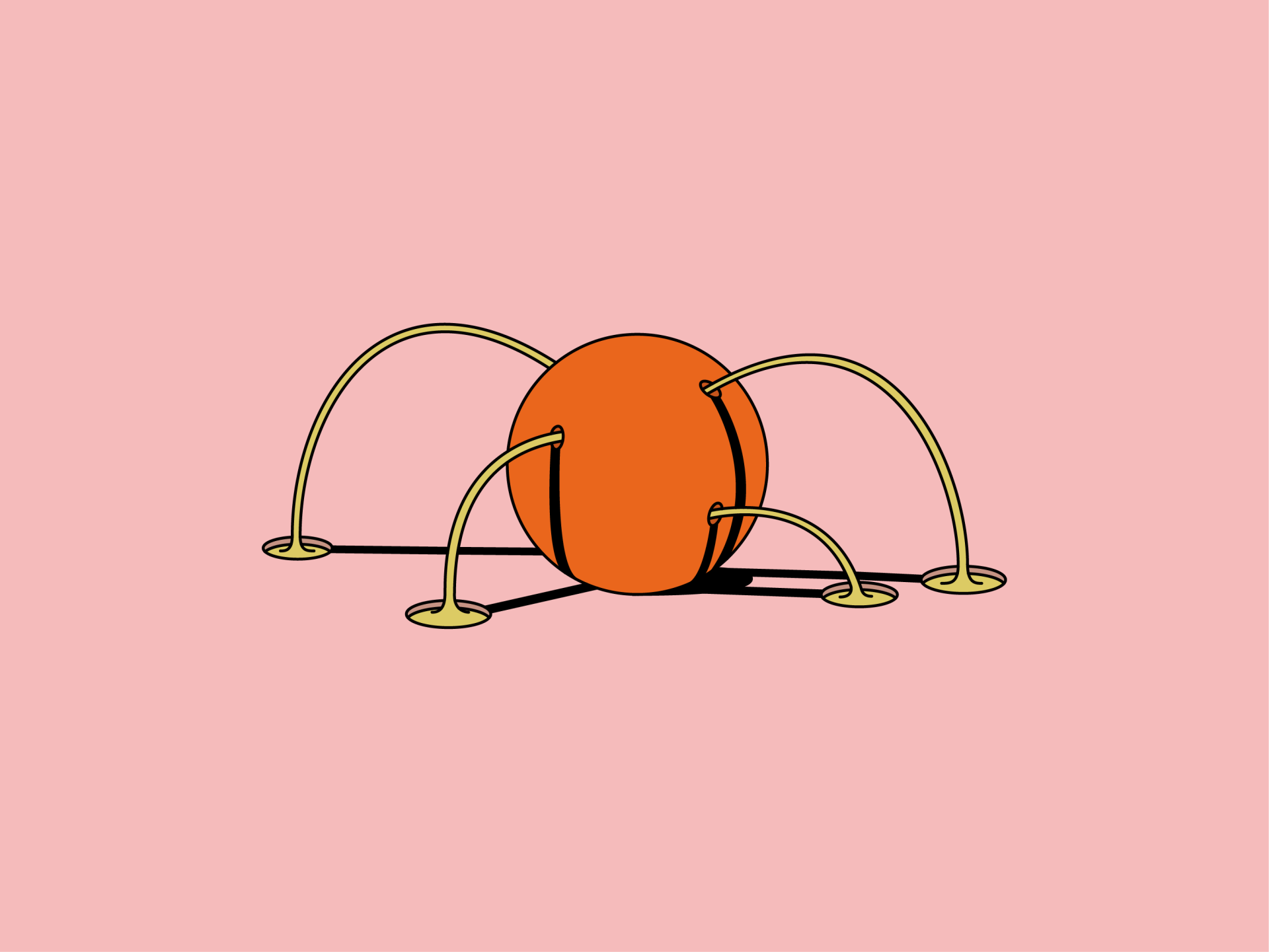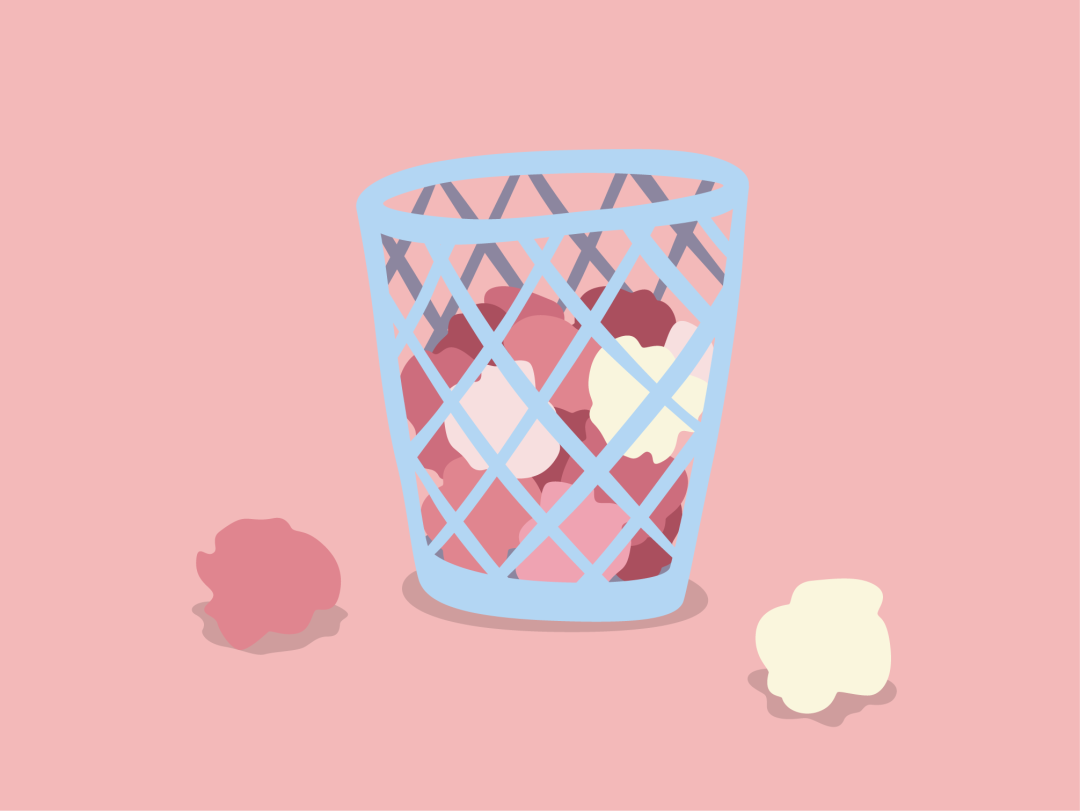Sign up to stay in the loop on new styles and sales!
Sign up to stay in the loop on new styles and sales!
#explainer
Let's Talk About Leaks
health
·5 min read

by Toni Brannagan | 08/07/2019
There’s nothing worse than feeling like you’re not in charge of your own body, and there’s nothing lonelier than feeling like you’re the only person going through something. Honestly though, sure, every body is unique, but you’re never *really* alone in your experiences.
Yes, you can troll through comment threads on random forums of people describing your symptoms and stress to make yourself feel better (well, it makes me feel better, okay??), but there’s something special about being able to talk about stuff, you know, IRL.
Thing is, there are so many topics related to women’s health that have been unnecessarily deemed taboo. It can be hard to find a community of people to commiserate with about things like periods, pain during sex, vaginal discharge, and urinary tract infections.
Today, we’re gonna talk about bladder leaks and urinary incontinence, something that makes a lot of people uncomfortable, whether or not it affects them. The lack of open conversation surrounding bladder leakage and urinary incontinence symptoms not only isolates people with bladder control issues, but allows many misconceptions to live on for far too long.
For one, did you know that one in three women experience bladder leaks? And it’s not just women in the demographic you would assume — an estimated 10% of women in the United States under the age of 65 have urinary incontinence. That’s millions of people who experience urine leakage. And did you know that there are four types of urinary incontinence? Yep — as it turns out, there is stress incontinence, urge incontinence, overflow incontinence, *and* functional incontinence.
We’re gonna specifically address bladder leaks that people with vaginas have, because they represent over 80% of people who experience incontinence in the United States. In case you missed it, because of fluctuating hormones during both puberty and perimenopause/menopause, as well as pregnancy, vaginas tend to go through a whooole lot.
adore your pelvic floor
Just like every other part of *you*, your pelvic floor deserves a li'l love. If you feel like your body is outta control because of bladder leaks or a bladder control problem, give your pelvic floor some TLC, or at least educate yourself about WTF it actually does (we’re learning together here, tbh). Education + attention might be what you need to better coexist with your fabulously unruly body.
Sooo what is your pelvic floor and why should you care about it, anyway?
Let’s get reeaaal basic: Your pelvic floor is a set of muscles that extends from your pubic bone back to your tailbone, and sits in a bowl-like shape at the bottom of your pelvis.
Its job is to eliminate waste, hold up the rest of your organs, and help you feel ~pleasure~ during sexy time. It’s the real MVP.
Pelvic floor health isn’t just a concern for people who have given birth or have reached a certain age. Medical professionals treat people as young as 18 for a variety of different reasons — so don’t be afraid to talk to your doctor about your pelvic organs if you experience urine leaks or have bladder problems! Seeing a pelvic floor physical therapist can also be preventative, so it might be a good idea to schedule a visit even if you have no symptoms, and especially if you’re thinking about getting pregnant.
Um, news to me — apparently kegels aren’t a magical cure-all exercise? Does this mean there’s *other* info I've read in Cosmopolitan that isn’t 100% medically accurate??
No really, some of these myths are blowing my mind. Did you know that you’re not actually supposed to go pee “just in case?” Long story short, going before you feel like you need to can eventually trick your brain into thinking your bladder is full before it actually is. This may lead to future bladder problems where you may need to see a healthcare professional. We’ll save you the trouble — your mom will never admit she was wrong about this.
meet Thinx for All Leaks
You may have heard of our sister brand Thinx for All Leaks, formerly known as Speax (and even more formerly known as Icon Undies). Check out our super cute styles of incontinence underwear!
We're as committed as ever to changing the conversation for people who just sometimes happen to leak — and you can join in! Our other blog, Foreword, is a no-nonsense, embarrassment-free resource for bladder leaks (and pelvic floor health, which we should all know more about than we do). All you need to start the conversation about the annoying / awkward / funny / embarrassing reality of bladder leaks is an open mind. Talking about this stuff in your own social circle is important, because you never know who is going through the same thing and might just be too nervous to discuss it.
The most important thing you can do is just straight-up refuse to be ashamed of your body, and encourage everyone else to do the same.
Have you ever experienced bladder leaks, asked what to do about bladder leaks, or felt like your body was rebelling against you in a different way? Smash the stigma and share those stories with us in the comments below.
Toni Brannagan is a writer and was the former Copy and Content Manager at Thinx.
At Thinx, we strive to provide our readers with the most up-to-date, objective, and research-based information. Our content is crafted by experienced contributors who ground their work in research and data. Articles contain trusted third-party sources that are either directly linked within the text or listed at the bottom to lead readers to the original source.
by Toni Brannagan


